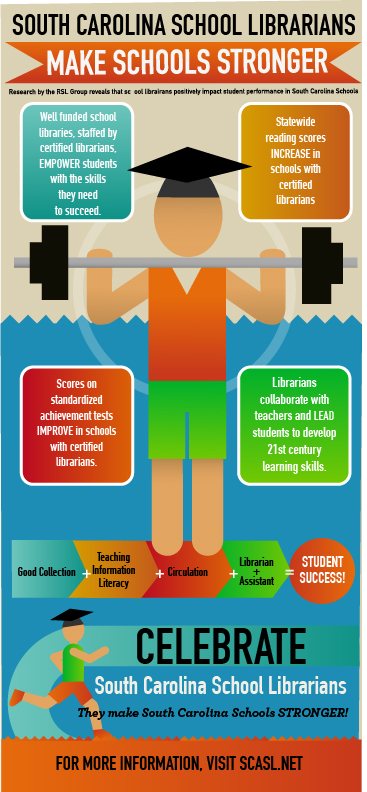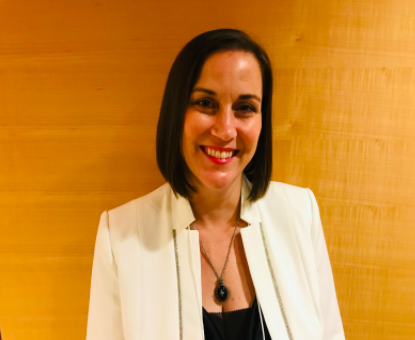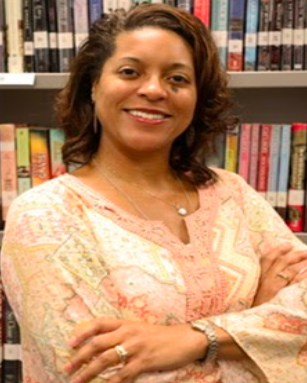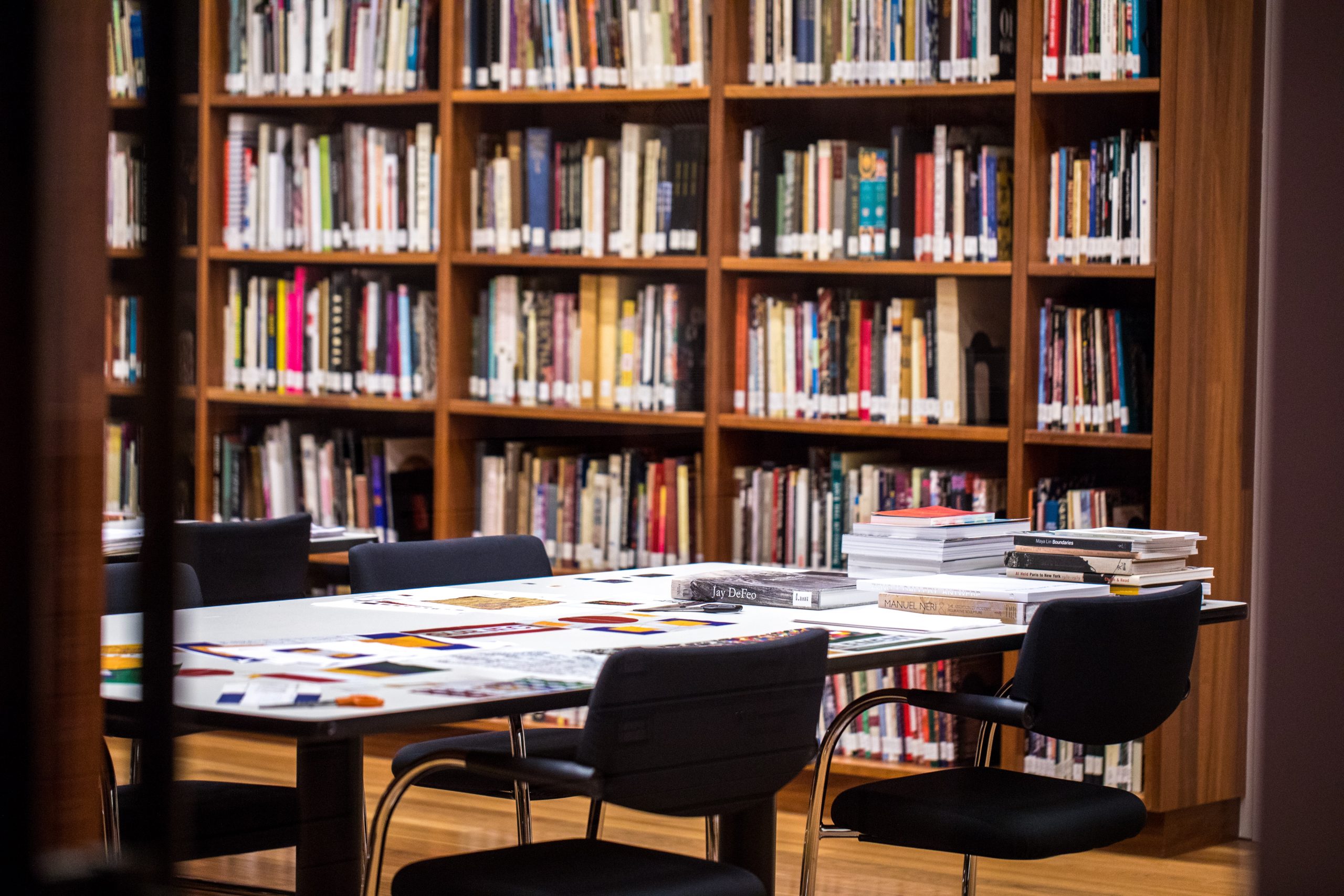By: Tamara Cox and Pamela Williams, SC Media Specialists
“What we teach children to love and desire will always outweigh what we make them learn.”
Jim Trelease
One of our goals as educators is to help students become life-long readers. Too often we focus solely on the mechanics of reading without addressing how we build the love of reading. Life-long readers find joy in reading. We want our students to enjoy reading, which will fuel their desire to read and help them build habits to carry them throughout school and into their future. The school librarian can help spark that love of reading.
The school librarian can be your partner in nurturing readers and building those habits. As educators we all have different roles to play in the process of teaching students. The expertise of the school librarian can strengthen your school’s reading culture and literacy outcomes. School librarians fill an important “interdisciplinary, instructional role, particularly in teaching students to be better consumers and producers of information” (Lance, 2014).
Research
Numerous studies spanning multiple states and decades have shown that a high-quality library program positively impacts student achievement, graduation rates, and mastery of academic standards. These correlations exist regardless of student demographics or school funding levels. In fact, these correlations are most pronounced in our vulnerable student populations, including students of color, students from low income homes, and students with disabilities (Lance, 2018). School library impact studies have been conducted in 24 states, including South Carolina. The South Carolina study confirmed the findings of other studies by showing that having a fully staffed school library (certified school librarian and assistant) that is well-funded results in higher test scores (Lance, 2014).
Let’s Work Together
There are many ways that the librarian can be your partner in literacy. Please reach out to your librarian so that you can find ways to work together. Here are some of the impactful ways that librarians can support the literacy goals of the school:

- Collaborate with classroom teachers by planning lessons together.
- Curate print and digital resources for lessons and standards.
- Plan reading programs and celebrations.
- Share booktalks and recommended book lists with teachers, students, and families.
- Provide reader advisory services.
- Provide book access for recreational reading, no reading level limits.
- Curate recommended book lists around a theme, unit, or topic.
- Assist with literature circle discussions.
- Organize or help with a faculty and/or student book club.
- Organize and host online and in-person author chats.
- Share reading resources and strategies with families.
- Host book fairs to help increase book access and ownership.
- Provide professional development on a variety of literacy and technology topics.
- Help teachers integrate technology tools into their literacy lessons.
- Teach lessons on information and media literacy.
- Provide instruction on research skills.
- Work with teachers to build an inclusive, engaging library collection that supports the curriculum.
- Serve on school-wide literacy and leadership committees.
- Create a library space that is safe and welcoming to all students.
Conclusion
The benefits of a robust and effective library program under the leadership of a certified librarian are undeniable. By utilizing the librarian’s expertise and nurturing collaboration with your librarian, your school can see positive changes in student learning and achievement. The school library program can be your partner in literacy success!
References
Lance, K. C., & Kachel, D. E. (2018). Why school librarians matter: What years of research tell us. Phi Delta Kappan. Retrieved from https://www.kappanonline.org/lance-kachel-school-librarians-matter-years-research/
Lance, K. C., Schwarz, B., & Rodney, M. J. (2014). How libraries transform schools by contributing to student success: Evidence linking South Carolina school libraries and PASS & HSAP results. In RSL research group. Retrieved from https://scasl.memberclicks.net/assets/phase%20i.pdf
Lance, K. C., Schwarz, B., & Rodney, M. J. (2014). How libraries transform schools by contributing to student success: Evidence linking South Carolina school libraries and PASS & HSAP results, phase II. In RSL research group. Retrieved from https://scasl.memberclicks.net/assets/phase%202.pdf
South Carolina Association of School Librarians. (2015). South Carolina school librarians make schools stronger [Image]. Retrieved from https://www.scasl.net/south-carolina-impact-study
An entire page dedicated to research sharing how librarians impact reading and literacy: http://www.ala.org/tools/research/librariesmatter/taxonomy/term/137.?page=23
About the Authors

Tamara Cox is the National Board certified librarian at Wren High School, Awards Chair for the SC Association of School Librarians, 2020 Library Journal Mover & Shaker, 2019-2020 South Carolina School Librarian of the Year, Honor Roll finalist for the South Carolina Teacher of the Year, and recipient of the 2018 I Love My Librarian Award. Contact her at coxt@apps.anderson1.org or @coxtl on Twitter.

Pamela Williams is the 2019-2020 President of the South Carolina Association of School Librarians (SCASL), a National Board certified school librarian at Richland Northeast High School, and a former South Carolina School Librarian of the Year. She can be contacted by email at pwilliams@richland2.org or on Twitter @readingrocksPam.
